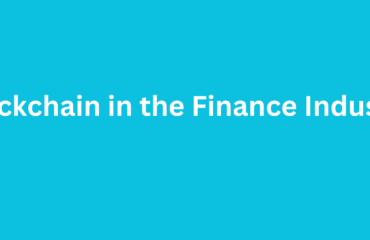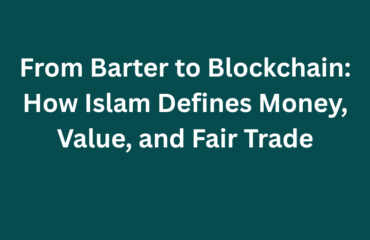Islamic banking and finance offer an alternative approach to conventional financial systems, grounded in Islamic principles and designed to comply with Shariah law. This system has gained popularity worldwide, particularly in regions with large Muslim populations, including the Middle East, Southeast Asia, and Africa, and has been trying to get a foothold in Western economies. Islamic finance is notable for its ethical approach and distinctive mechanisms, which align financial activities with Islamic values of fairness, transparency, and social responsibility.
The 3rd Al Baraka Forum themed “Global Prospects for Islamic Economics: A Path to a Sustainable, Ethical, and Innovative Global Economics, held in London today (26th October 2024), brought together a diverse group of experts, academics, and practitioners who shared their insights and research. Discussions spanned several critical aspects of Islamic finance, including varying perspectives on the use of the term “Islamic.” While some participants suggested avoiding the terms Islamic or Shariah to broaden appeal, others opposed this, emphasising its importance for identity and purpose. Numerous challenges and opportunities were explored over multiple sessions.
Presentations at the forum highlighted the relevance of Islamic values and principles today, particularly the Maqasid al-Shariah (objectives of Islamic law), which align closely with the UN’s Sustainable Development Goals (SDGs) and Environmental, Social, and Governance (ESG) standards.
The forum also underscored the potential of Islamic finance to support sustainable economic growth through innovative financial products. With the rise of Islamic fintech and digital financial platforms, the industry is increasingly adopting technology to reach underserved populations, promote financial inclusion, and offer Shariah-compliant alternatives to traditional financial products.
Digital platforms such as blockchain-based smart contracts, peer-to-peer lending, and crowdfunding, could help achieve several goals for Shariah-compliant products. Interestingly, however, there was no mention of blockchain and of course cryptocurrency- potentially indicating hesitation in the Islamic finance sector like conventional banks.
While the forum’s initiatives are encouraging, building a fully Shariah-compliant Islamic finance system remains challenging. Some achievements have been made, but as the saying goes, “start from home”—substantial changes need to be made within Islamic countries first.
Interestingly, no one addressed the reconciliation efforts needed among the 57 member states of the Organisation of Islamic Cooperation (OIC). A pressing question raised is how Islamic finance can be viable and profitable in non-Islamic, Western financial systems if it struggles to find broad acceptance within Islamic countries. This issue is compounded by growing Islamophobia in some regions, which could create further obstacles to Islamic finance’s integration and acceptance in Western markets.




